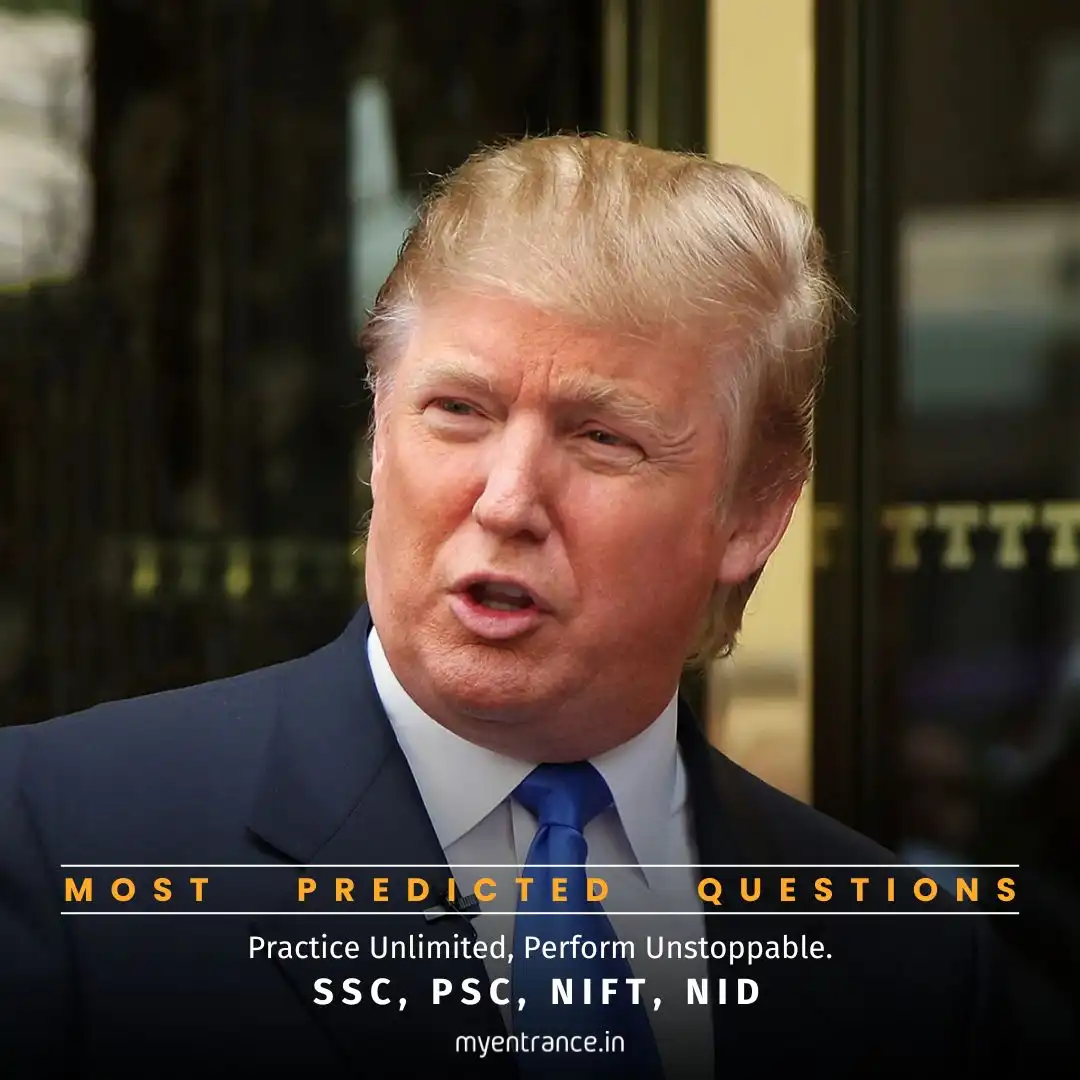Select Language
How Does the US ‘Big Beautiful Bill’ Impact Global Economics? – Key Takeaways
The “One Big Beautiful Bill”, passed by the US House of Representatives, marks a significant shift in tax, immigration, and energy policies. For students preparing for SSC, PSC, or design entrance exams, analyzing global events like this strengthens critical thinking and GK scores.

Why Is This Important for Exams?
Current Affairs Relevance: Questions on major international policies frequently appear in SSC, PSC, and UPSC exams.
Economic Concepts: The bill’s tax cuts, debt ceiling changes, and spending cuts illustrate real-world fiscal policy—key for economics sections.
Comparative Politics: Understanding US legislative processes helps in answering questions about governance (e.g., NIFT/NID GD topics).
Environmental Policies: The rollback of green energy incentives ties into sustainability debates, common in design entrance exams.
Critical Analysis: Exams like FDDI test analytical skills; dissecting such bills improves structured reasoning.
Key Provisions of the ‘Big Beautiful Bill’
1. Tax Reforms
Makes Trump’s 2017 $4.5 trillion tax cuts permanent.
Eliminates taxes on tips—a promise from Trump’s 2024 campaign.
Raises SALT deduction cap (state/local taxes) from $10,000 to $40,000.
2. Spending Cuts
$1.2 trillion reductions in Medicaid and food stamps.
Stricter work requirements for low-income families and seniors.
3. Border Security & Immigration
$350 billion allocated for border walls, deportations, and ICE staffing.
New $100 fee for asylum seekers (down from $1,000).
4. Energy Policy Shifts
Ends tax credits for electric vehicles and renewables.
Shuts down the Greenhouse Gas Reduction Fund.
5. Debt Ceiling & Child Tax Credit
Raises national debt limit by $5 trillion to avoid default.
Child tax credit increased to $2,200 (permanently).
Sample Exam Questions & Answers
Q1: What is the primary economic impact of the ‘Big Beautiful Bill’?
*A1: It extends $4.5 trillion in tax cuts and adds new breaks (e.g., tax-free tips), but may increase the federal deficit by $3.4 trillion over a decade.*
Q2: How does the bill affect Medicaid?
A2: Imposes work requirements, reduces coverage for 12 million Americans, and blocks gender transition funding.
Q3: Why is the bill controversial regarding climate policy?
A3: It rolls back renewable energy incentives, potentially slowing the US transition to green energy.
Q4: What change was made to the SALT deduction?
*A4: The cap increased from $10,000 to $40,000 for five years, benefiting high-tax states.*
Q5: How might this bill influence US-India relations indirectly?
A5: Policy shifts in US immigration (e.g., stricter rules) could impact Indian students and professionals seeking visas.
Get 3 Months Free Access for SSC, PSC, NIFT & NID
Boost your exam prep!
Use offer code WELCOME28 to get 3 months free subscription. Start preparing today!















